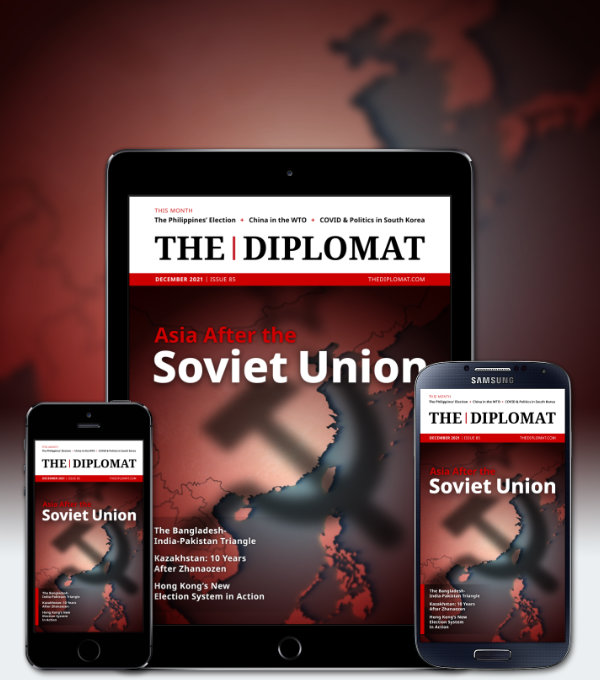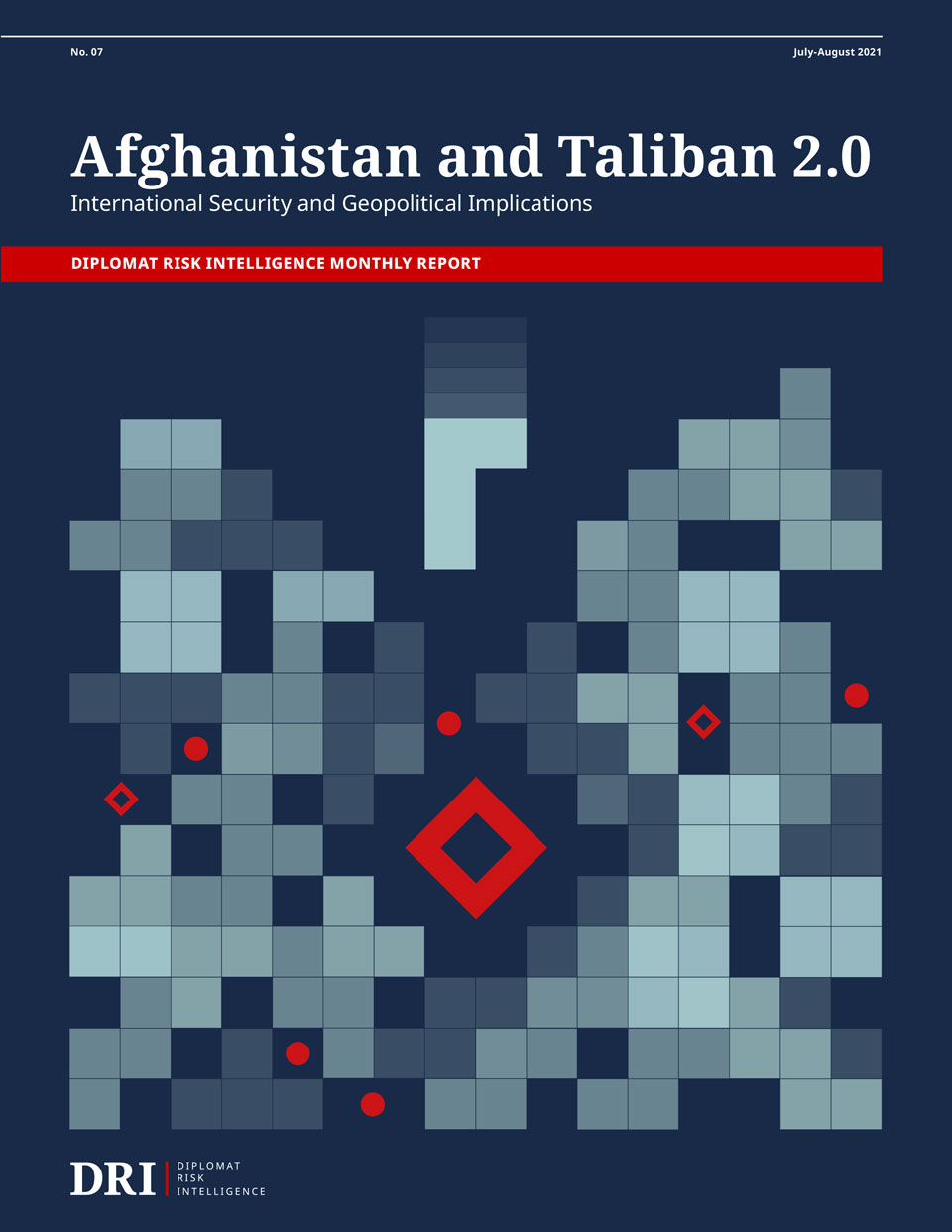| Welcome to the latest issue of Diplomat Brief. This week our top story looks at the on-the-ground problems plaguing some of China’s infrastructure investments in Africa. We also have an interview with Dr. Aijan Sharshenova, a postdoctoral research fellow at the OSCE Academy in Bishkek, on what lies ahead for Kyrgyzstan after a turbulent year. |
| Story of the week |  | ECONOMY China’s Investment Drive and Africa’s Disjointed InfrastructureWhat Happened: It’s common knowledge these days that China is pouring money into African infrastructure. While the “debt trap” narrative is overblown, there is a dark side to these large-scale infrastructure projects: With both Chinese and African leaders eager to rush through contracts, often the end result is a shiny but poorly planned project that does not match needs on the ground. The Lagos-Ibadan train project in Nigeria is a case in point. Our Focus: Outside of Lagos, where the train line ends, the two train stations in Ibadan are largely inaccessible by road. The high costs are also deterring travelers. Meanwhile, a nearby rail line is in desperate need of upgrades. “Nobody goes Lagos to Ibadan by train. It is easy to go by road. It is cheaper,” Bola Adenekan, a trader in Lagos island, told The Diplomat. “If the government wanted to make life better, make Lagos work by train to reduce the stress on the roads, Iddo to Ijoko is a cash cow. The trains are always full and there is no space, people always stand.” What Comes Next: Across the African continent, there are more examples of Chinese-funded and built infrastructure that was not designed with local realities in mind – including basic questions like public demand for and ability to access new transit options. The onus is on African leaders to step back from the tantalizing offers of Chinese loans and think more carefully about what their countries need. Meanwhile, Nigerians are waiting to see if the government will offer any subsidies for the Lagos-Ibadan train line, further pouring money into an impractical project. Read this story |
| Behind the News | INTERVIEW Aijan SharshenovaDr. Aijan Sharshenova, a postdoctoral research fellow at the OSCE Academy in Bishkek, on the diplomatic implications of Sadyr Japarov’s rise to the presidency: “Japarov is no match for the old post-Soviet elites or Putin-era autocrats in the region… It is clear that he is yet to make powerful friends and this is a weakness for a small country like Kyrgyzstan. Tajikistan’s violent breach of Kyrgyzstan’s borders earlier this year was a clear sign of this domestic weakness.” Read the interview |
| This Week in Asia | Northeast Asia China’s Holiday Crackdowns‘Tis the season… for stepped-up censorship and sentencing dissidents. China often times actions that it knows will garner criticism abroad to major Western holidays, including Christmas and New Year’s Day. Will there be any unpleasant surprises this year? Find out more | South Asia Gwadar Protests ContinueIn November, local residents of Gwadar began protesting by the thousands, pointing to the lack of basic necessities even while a Chinese development project pours millions into their city. Pakistan’s government, keen to end the demonstrations, promised this week to address locals’ concerns about illegal fishing and lack of access to water and electricity. The longer the demonstrations continue, the more doubts they will raise for the China-Pakistan Economic Corridor. Find out more | Southeast Asia Verdict Due in Latest Aung San Suu Kyi CaseOn December 27, a kangaroo court in Naypyidaw is set to hand down its latest verdict against the country’s leader Aung San Suu Kyi, who has been in military detention since the coup in February. The particular case involves the improper importing of walkie-talkies, one of more than 10 charges, which are seemingly designed to consign the 76-year-old to an enforced early retirement. The hearing comes after Aung San Suu Kyi was found guilty earlier this month for incitement and for breaching COVID-19 restrictions and sentenced to four years imprisonment. Find out more | Central Asia The Epic of Kumtor Will Continue into 2022Seven months after seizing control of the critical gold mine, the Kyrgyz state is still locked in a war of words with Centerra Gold. The Canadian company is chasing Bishkek via international arbitration for expropriating the mine and Bishkek is suing Centerra for locking the Kyrgyz out of the mine’s computers. Meanwhile, the Finance Ministry appeared to confirm that revenues from the mine are down amid the sudden change of management. The epic saga isn’t over yet. Find out more |
| Visualizing APAC |  | Pakistani refugees receiving food aid in the administrative center of Barmal District, Paktika Province, Afghanistan, November 8, 2021. See the full picture |
| Word of the Week | THE KOREAS 수령Suryong, Korean for “Supreme Leader,” the title enjoyed by North Korea’s Kim Jong Un. Find out more |
| Note | The Diplomat newsletter will take a holiday break next week. We’ll be back in 2022! |
|  |





